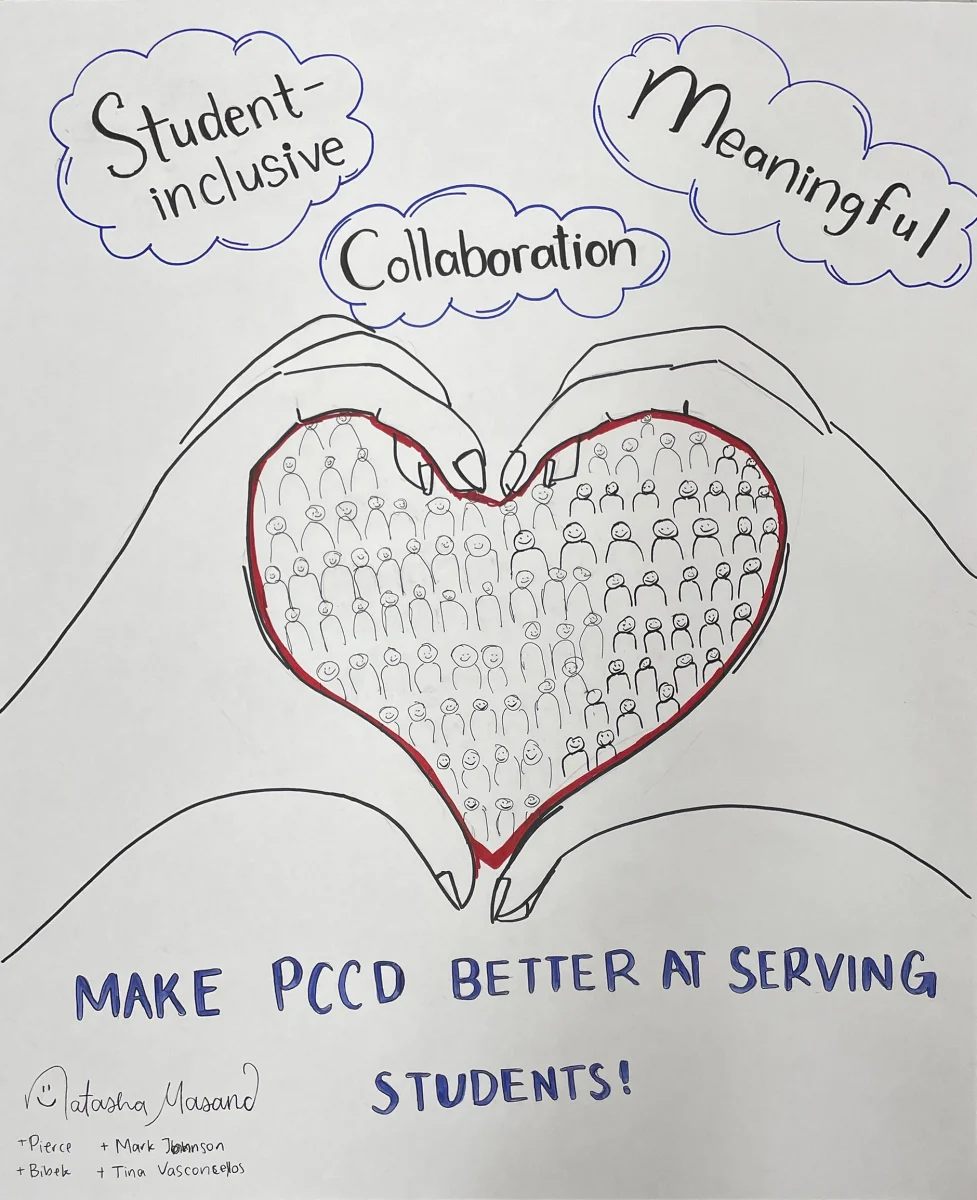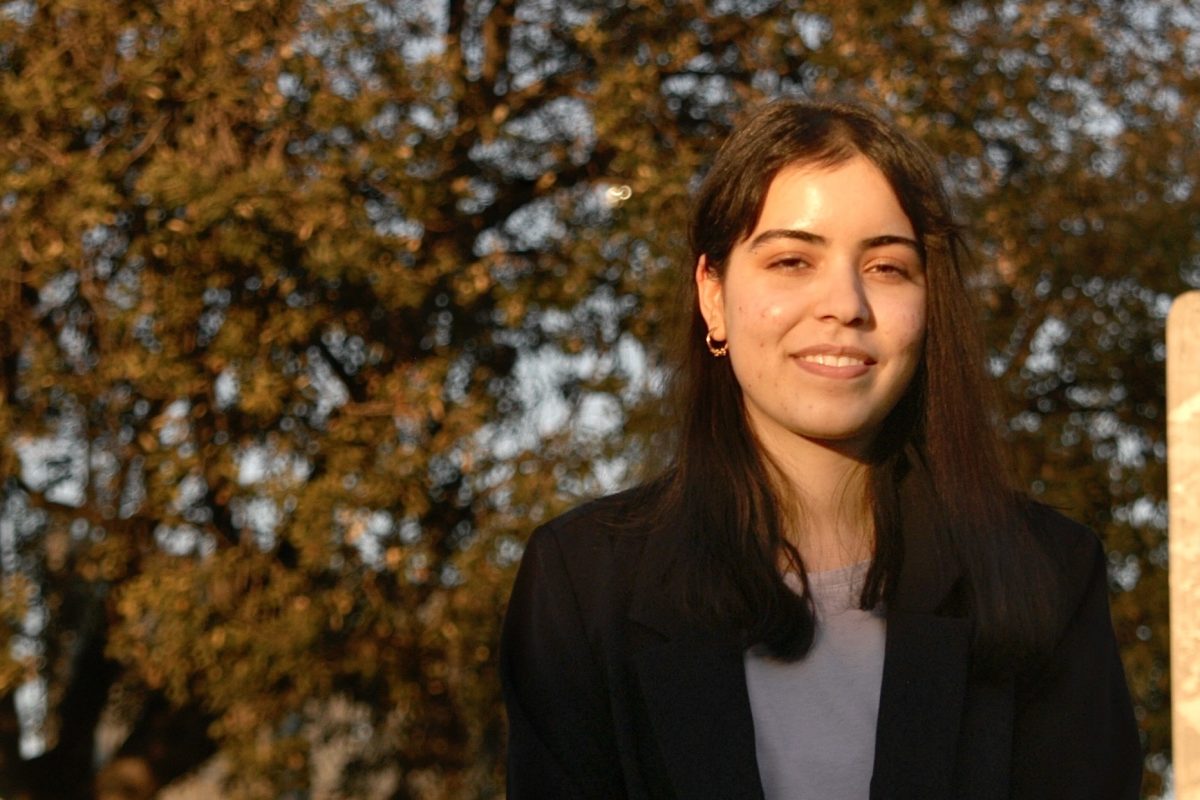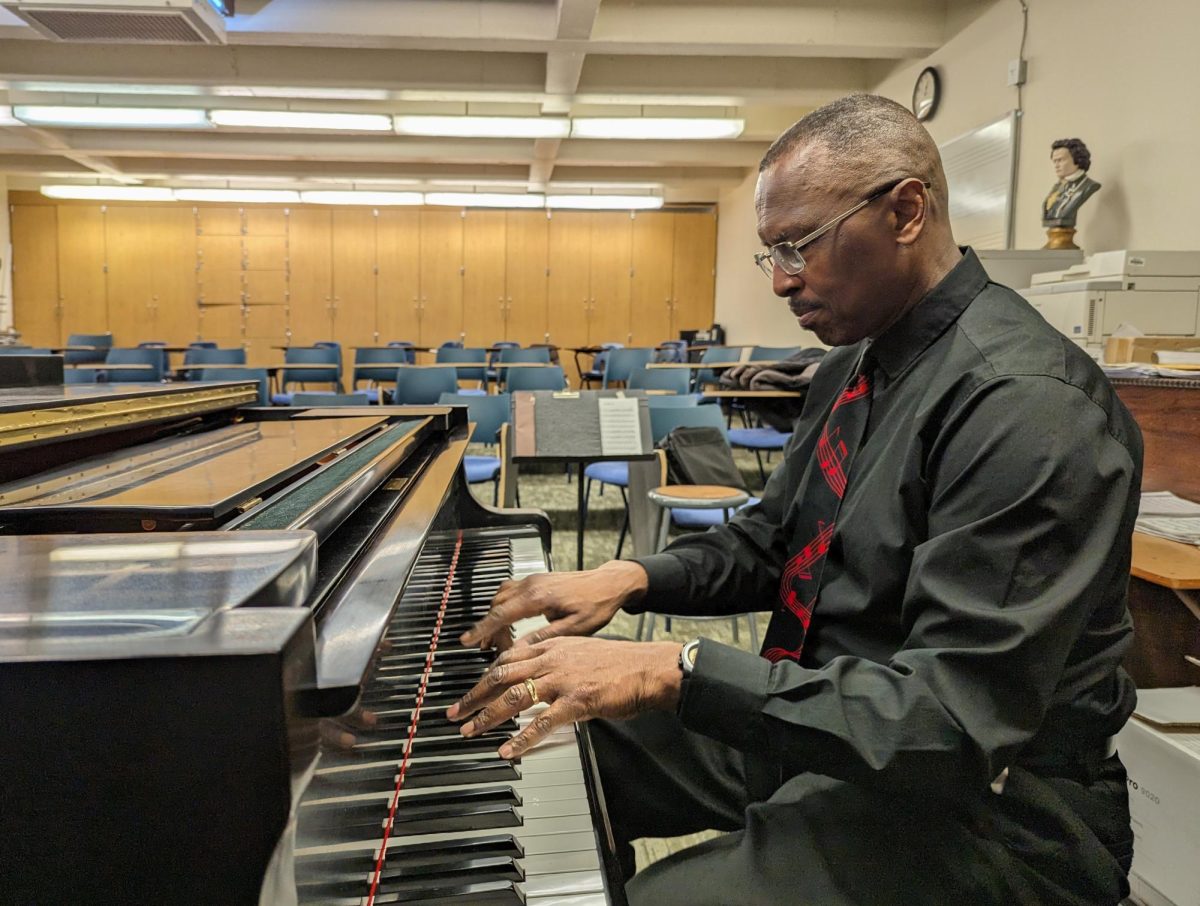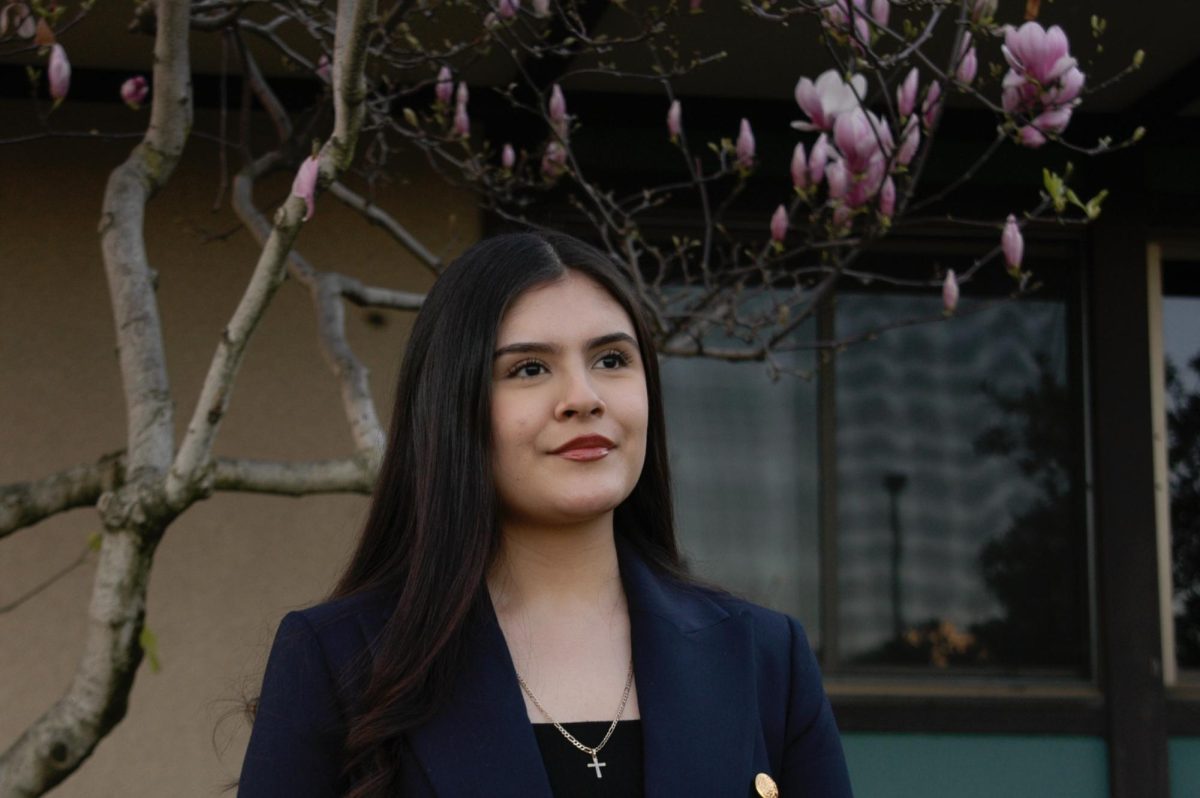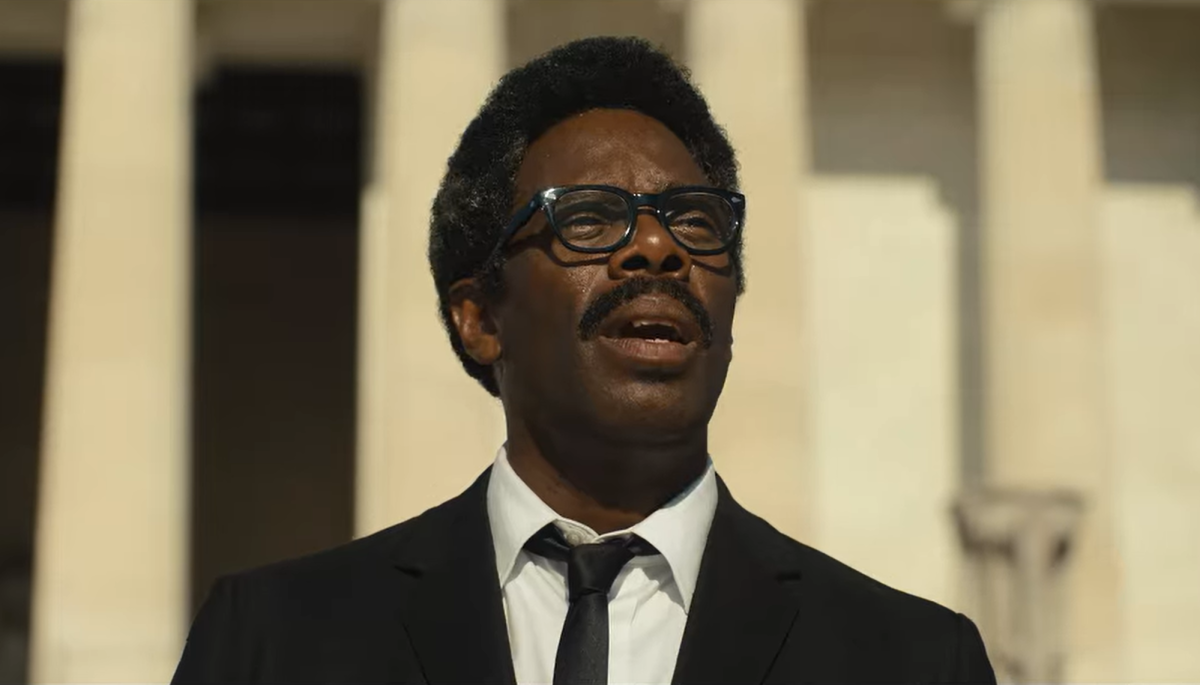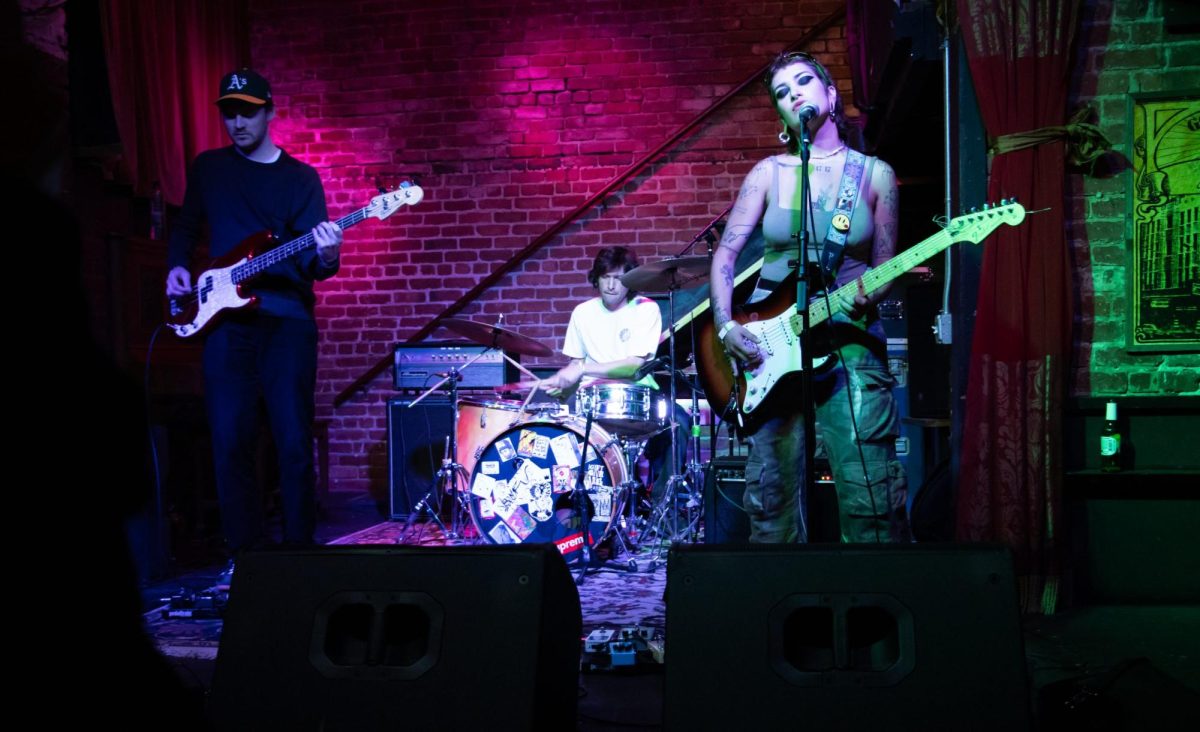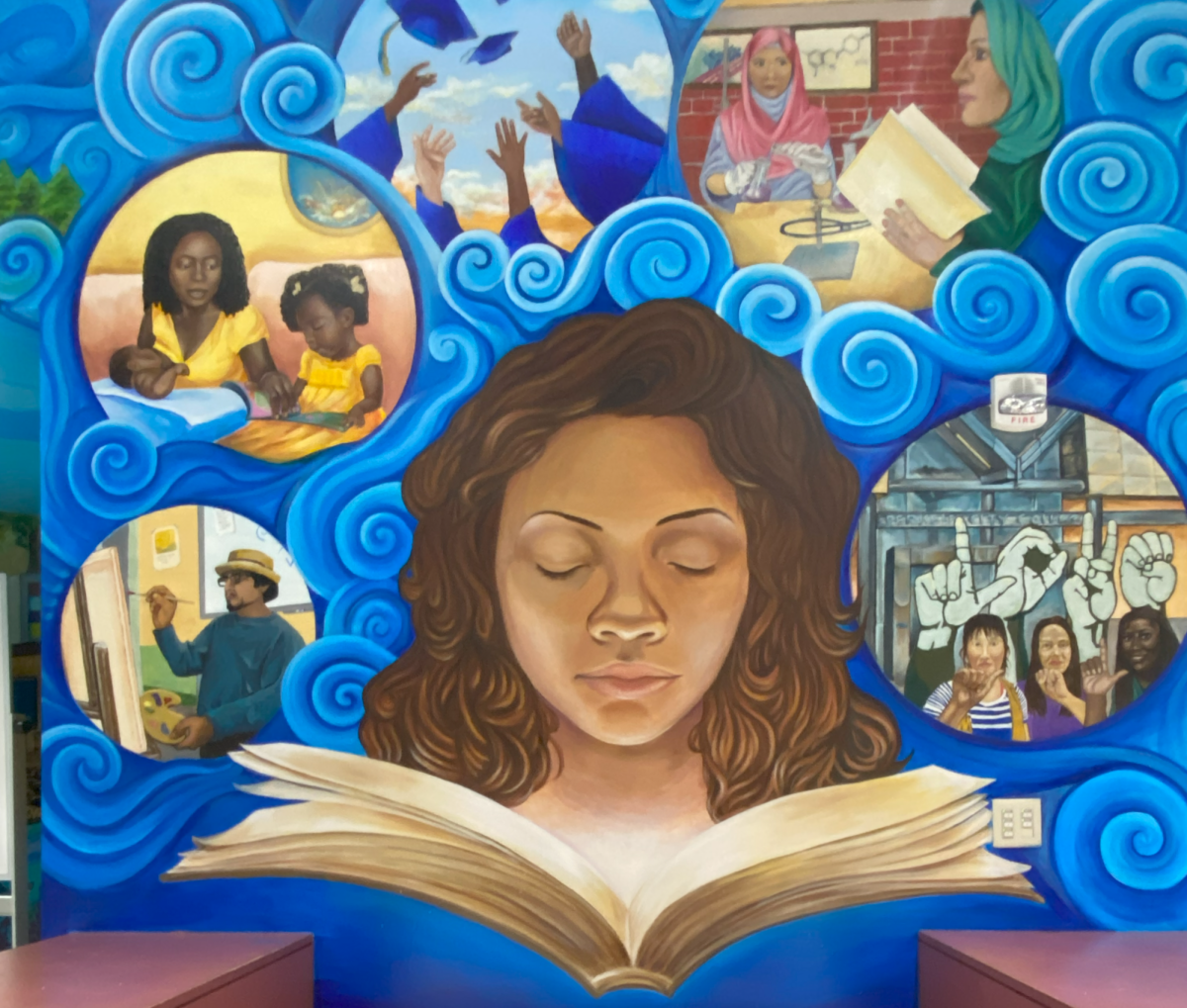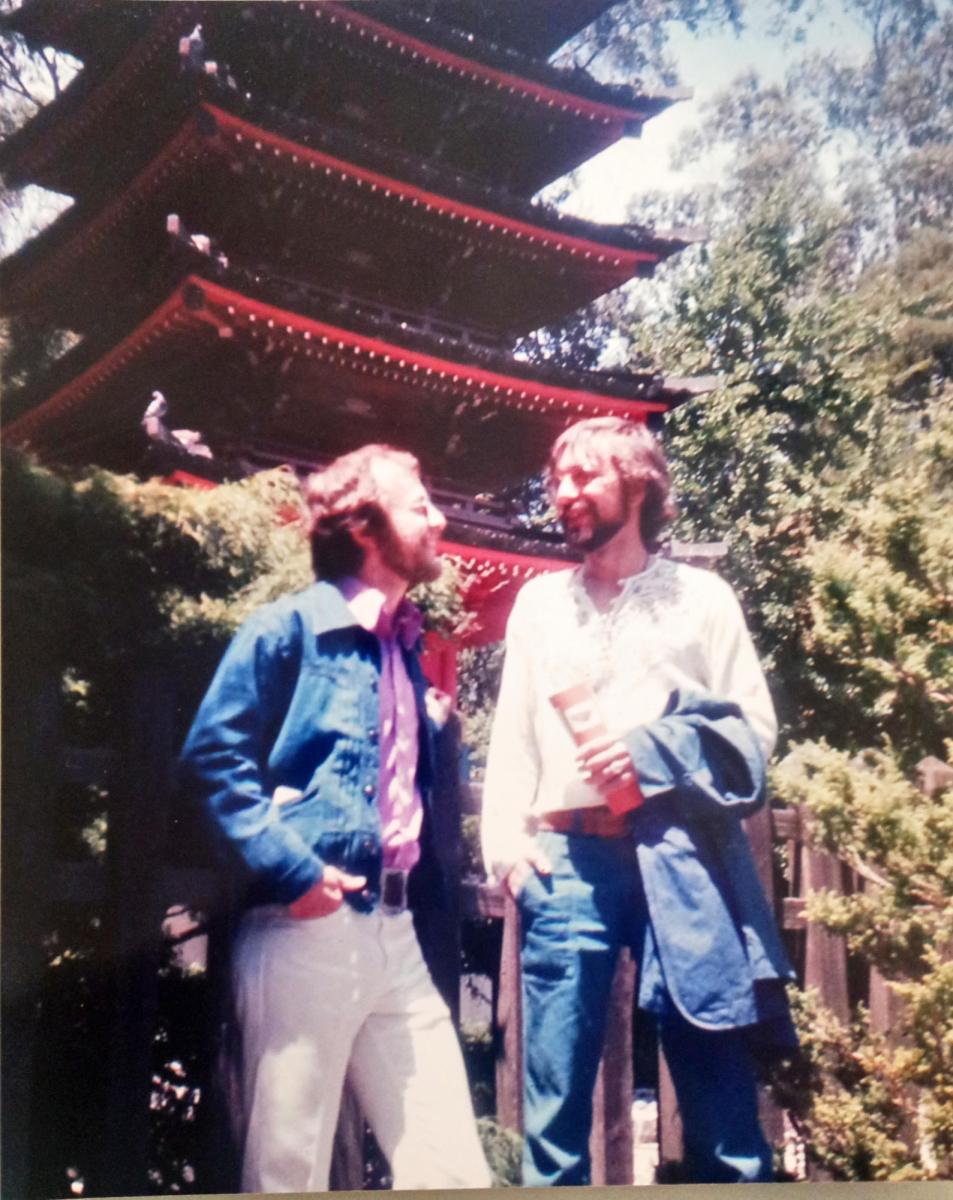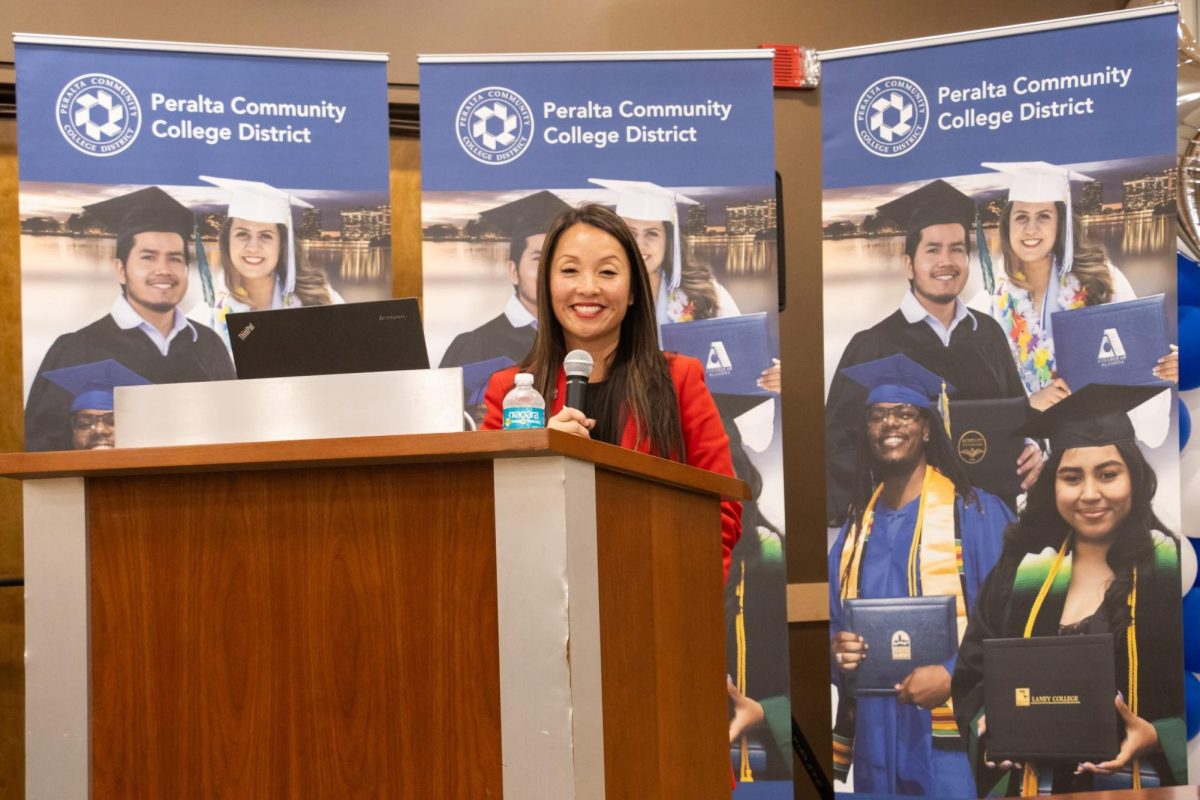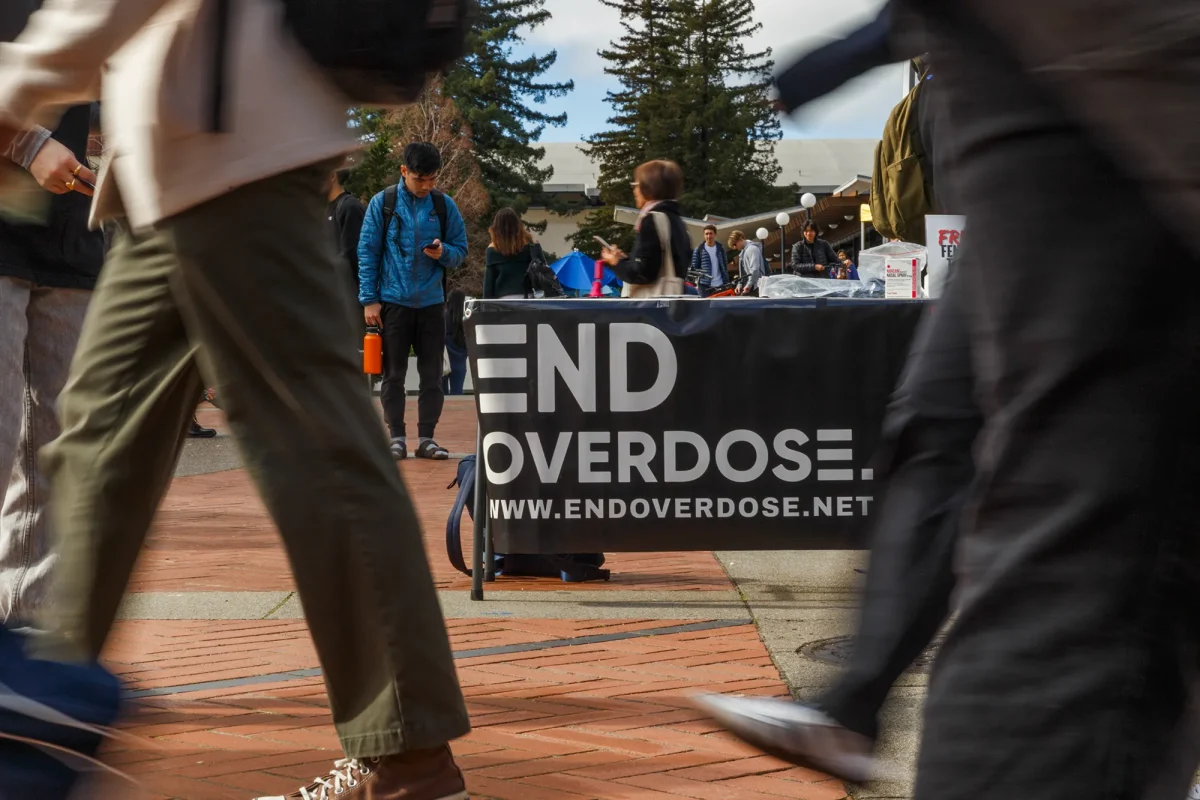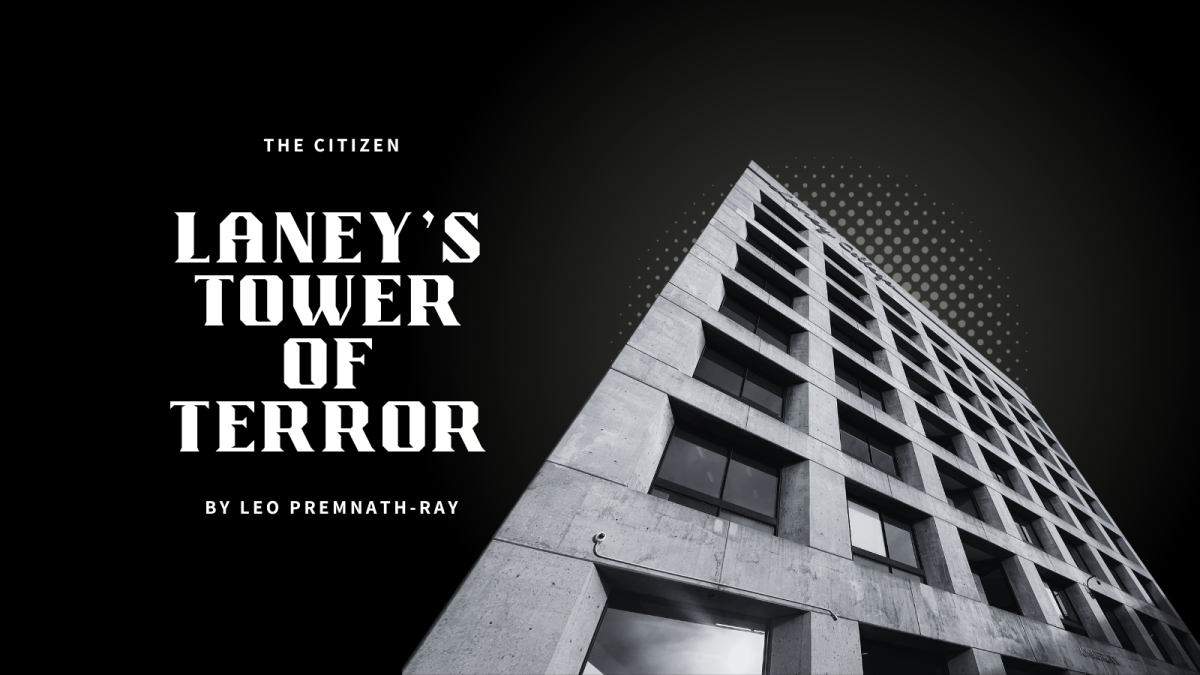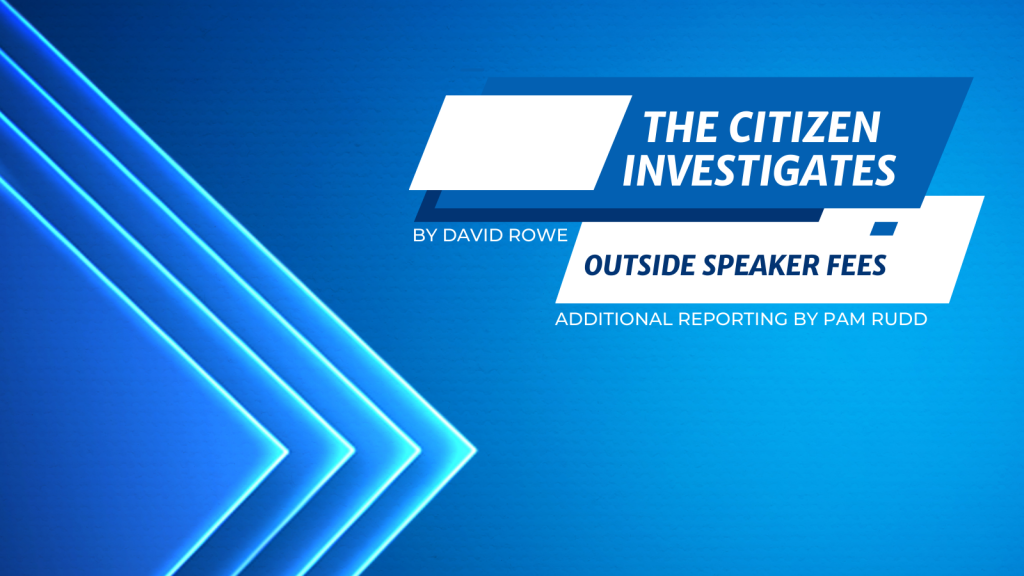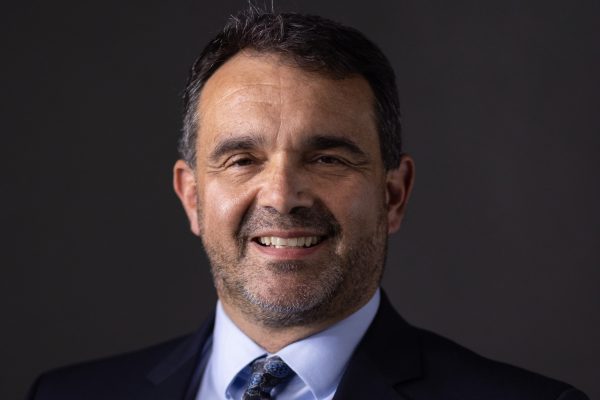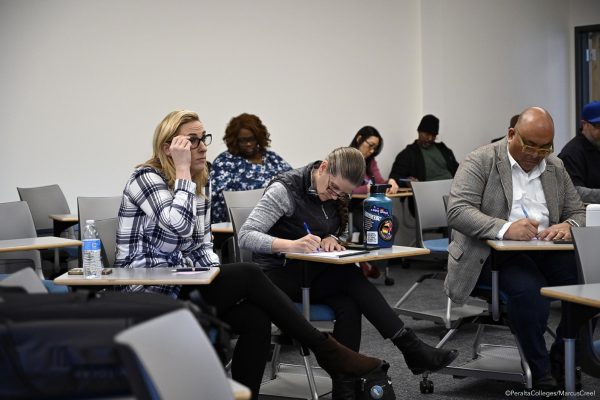Two major Bay Area community college newspapers — City College of San Francisco’s The Guardsman, and the Peralta Colleges’ Laney Tower — have joined together to compare and contrast different kinds of campus services, and draw attention to how much these schools have to offer their students and thus how important it is to keep these services alive. Community colleges are resources for learning, job skills, and earning credits toward transfers. They also offer vital resources like health services, food banks, and showers. City College of San Francisco (CCSF) has created a program that expands on its role in the life of students who are homeless or housing insecure.
An advisory group within CCSF created the Homeless At Risk Transitional Students (HARTS) program in 1992, addressing the issues that homelessness cause for students. Professor Chris Schaeffer managed the program for 30 years, dedicating 30–50 hours a week to the program. After his retirement, Maraea Natua Master took over, and is the current HARTS program coordinator.
The HARTS program focuses on building partnerships designed to directly impact homelessness by linking the resources of CCSF to broader community agencies.
Any student from the eight CCSF campuses is eligible to qualify for the HARTS program. However, the Ocean Phelan campus houses the program and the services available for students. The remaining seven campuses do not offer HARTS services, due to restrictive funding.
“Our goal is really to close the achievement gap and make things more equitable for students who are experiencing homelessness or are at risk,” Master said, adding that understaffing has made it difficult to expand as much as she would like to.
Its location in the Martin Luther King Center in Room B within the Student Union Basement allows HARTS to provide food card services, discounted transportation, academic counseling and a safe place for students. They also offer a computer lab with four computers within their office. Students are also able to acquire information on different housing resources through this program.
Laney College has no direct services for homeless students or students at risk of homelessness. There is no center like City College’s HARTS — yet there are many ways the community college supports its students.
Laney offers many of the same services in employment, groceries, health and wellness, and even financial assistance. But students are left to stitch these services together to address their needs.
The Laney Employment Services Center (LESC) can help with résumé writing, interviewing strategies, and employment connections. They even have a program that sets students up with interview clothes.
They constantly update an online database of hundreds of job postings called Eagle Hire, and host job fairs on campus geared toward various departments. Further employment assistance can be found for welfare recipient students at the Workforce Development / CalWORKS program.
Two wellness centers on campus provide behavioral and mental health counseling, health consultations, and referrals.
Students can see a mental health counselor up to 10 times per semester, receive massage and acupuncture, flu shots, and more, which are all covered in their student health fee paid at enrollment. Showers are also available in the gymnasium locker rooms for students enrolled in at least three units.
The ASLC offers a food bank on campus every first and third Tuesday of every month from 2 p.m. — 4 p.m., or until supplies run out. Any student with a current student ID can walk away with a bag of groceries.
If someone is homeless, then they are likely eligible for financial aid.
These services are not a cure-all to the student housing crisis. But for many it is the most direct resource while exploring higher education and career options.
At Laney, at-risk students can also check their eligibility at the Extended Opportunity & Services, which can offer more aid like buying textbooks and counseling.




